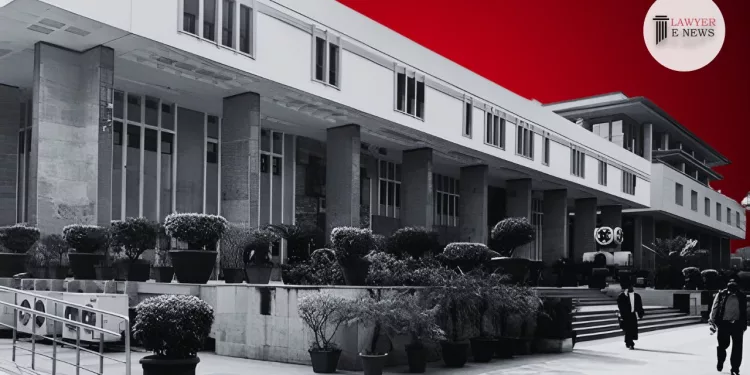Common Intention in Crime Inseparable, Bail Denied in Murder Case: Delhi High Court

The Delhi High Court, in a recent ruling on February 16, 2024, dismissed a bail application underlining the principle of common intention under Section 34 of the Indian Penal Code (IPC) in a case involving a homicidal death. The case, presided over by Hon’ble Ms. Justice Swarana Kanta Sharma, highlights the significance of collective responsibility in crimes involving multiple accused.
The case (BAIL APPLN. 3733/2023) revolves around the FIR No. 709/2020, registered for an offence punishable under Sections 302/34 of the IPC. The petitioner, Deepak, sought regular bail for his involvement in a fatal stabbing incident reported on July 11, 2020. The prosecution’s case, based on eyewitness accounts, including that of the deceased’s sister, Smt. Deepmala, depicted a grisly scene where the victim was allegedly stabbed by co-accused Saif Ali and others, including the petitioner.
Justice Swarana Kanta Sharma meticulously analyzed the material on record, notably focusing on the concept of ‘common intention’. The Court observed, “when a criminal act is done by several persons in furtherance of the common intention of all, each of such persons is liable for that act in the same manner as if it were done by him alone.” The Court found the petitioner’s argument, claiming he did not cause the fatal Injury, to be without merit. It was noted that the petitioner was part of the group that collectively inflicted injuries leading to the victim’s death.
The Court also considered the testimonies of PW-1 (Deepmala) and PW-3 (the mother of the deceased), who supported the prosecution’s case and mentioned threats from the accused. The gravity of the offence and the impact on the victim’s family were pivotal in the Court’s decision to deny bail.
Given the severity of the crime and the principle of common intention, the Court denied regular bail to the petitioner, Deepak, stating, “the gravity of the offence is the basis of deciding as to whether the bail can be granted to an accused or not.” The Court emphasized the seriousness of the offence, which could potentially lead to life imprisonment or a death sentence upon conviction.
Date of Decision: 16.02.2024
DEEPAK VS STATE OF N.C.T. OF DELHI






